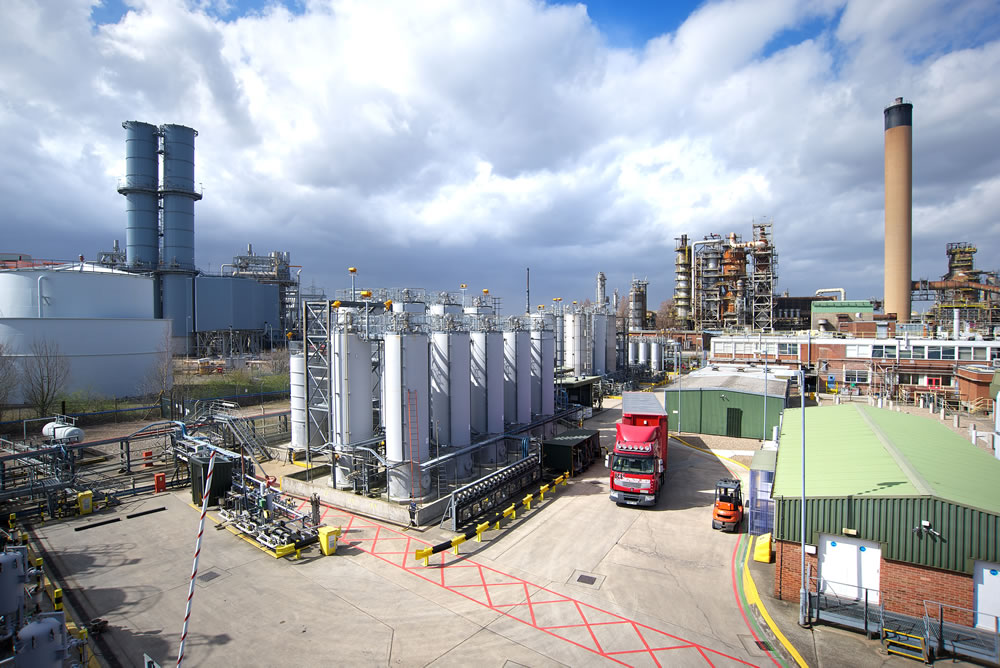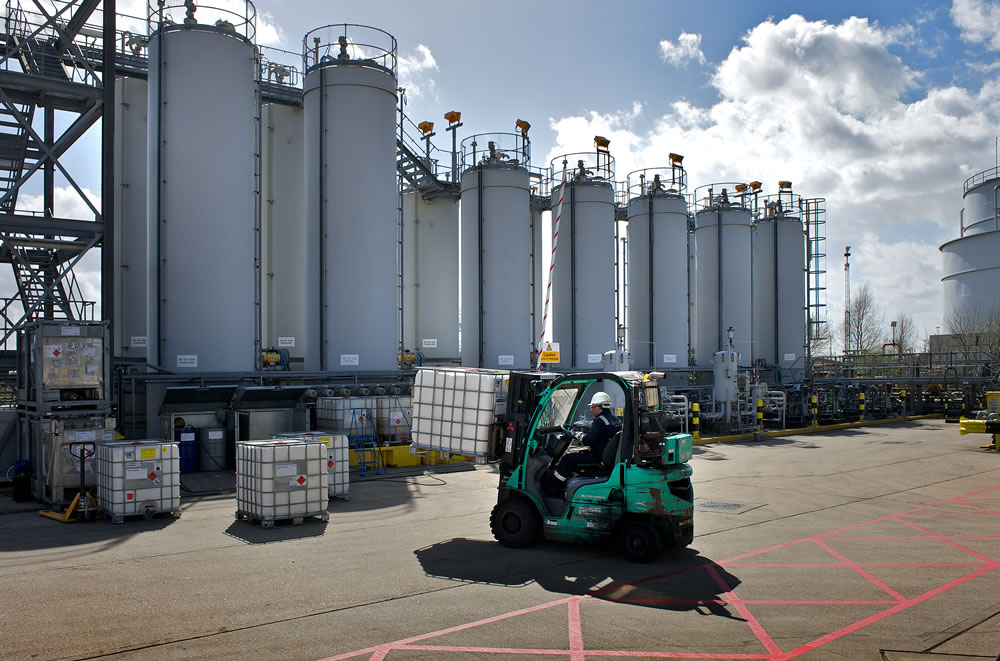Why Alcohol Fuels Are Important for a Sustainable Environment?

The increasing threat of global warming means that we all need to do our bit to reduce carbon emissions. In an effort to safeguard the environment, fuels that offer more sustainable potential are continually being researched. In recent times, alcohol fuels have been making a name for themselves as a sought-after eco-friendly option.
What Are Alcohol Fuels?
Alcohol fuels are increasingly being used in internal combustion engines as an alternative to petroleum. There are four types of alcohol fuels available: methanol, ethanol, propanol, and butanol. Each of these is produced in a different way. For example, methanol stems from natural gas, while ethanol, propanol, and butanol are made through fermentation processes involving various biological materials.
Sustainability
Alcohol fuels are regarded as a cleaner and greener option compared to other fuel sources, paving the way for a sustainable environment. When it comes to fuel design, alcohol sources posses 98% cleaner emissions compared to gasoline.
Alcohol fuel design can also play a vital role in reducing global warming due to production processes. Since crops are used to make alcohol fuel, this can help to eliminate carbon dioxide from the atmosphere. On the other hand, burning oils only increases carbon dioxide. Often the crops used to make alcohol fuels, and other food, would only be used for waste, so this production process gives waste products a new purpose.
Some experts reckon that it only costs $12 per barrel to make alcohol fuel from food processing waste, making it a cost-effective and sustainable option. This process can also make the farming industry much more sustainable.
Another eco-friendly advantage of alcohol fuels is that they boast a high octane level, giving them excellent fuel efficiency. This ensures alcohol fuels to burn cooler and cleaner, producing less vibration compared to gasoline while increasing horsepower.
Alcohol is partly oxygenated, which means that it creates less pollution, especially at the ozone level. Because of this, some places, particularly in the USA, have introduced laws that state that gasoline fuel must be blended with 10% alcohol to meet pollution targets.
China also produces alcohol fuel, including this option as part of its Clean Automobile agenda. Vehicles are also increasingly produced with flexible-fuel engines that allow a mixture of fuels, including alcohol and gasoline. For example, in Brazil, over 88% of new cars sold have flex-fuel engines.
Versatile
It’s not just vehicle engines that can make use of alcohol fuels. They can be used for cooking or as a heating fuel, affording them great versatility. In more recent times, alcohol fuel has been making a name for itself as a useful source for producing electricity. Turbines that make use of renewable bioethanol produce hardly any polluting emissions, making this is a hugely sustainable energy-making option.
Alcohol fuel design certainly offers massive potential to create a sustainable environment, whether used as a fuel on its own or blended with traditional fuels. When compared to toxic fossil fuels, alcohol fuels offer much more scope for the future.

